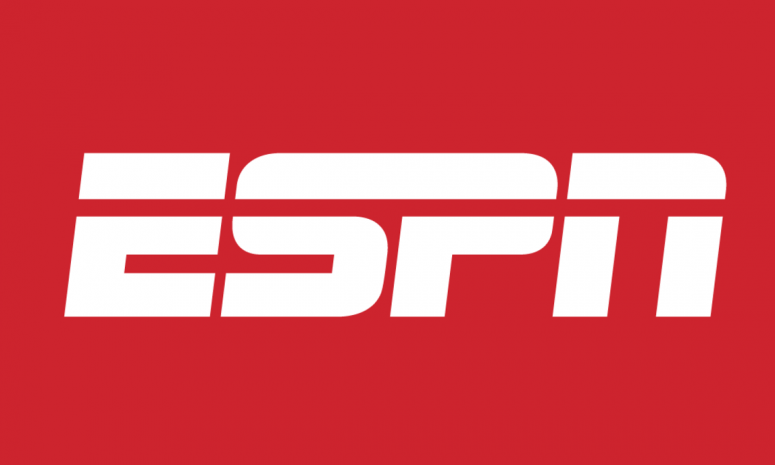Ad Disclosure
ESPN Poll: 74% of Fans Don’t Want to Hear About Politics

Dan Le Batard is back on the radio this morning, apparently coming to an agreement with ESPN that he will “check with higher ups” before going off on political tangents similar to what happened two weeks ago, when he broke from sports programming to talk about President Trump’s North Carolina rally.
That, however, is not really the story.
In “researching” this story, I stumbled upon an interesting tweet, one that shares information from a poll that ESPN ran in June with the goal of determining how viewers are responding to politics.
John Ourand at the Sports Business Journal included these nuggets in one of his newsletters, which is actually behind a paywall, but Mark Burns at the Morning Consult clipped some of the notes, which you can see here, after the jump:
🔒https://t.co/V3xIHB949h🔒 https://t.co/vHlN8XyCsN
— John Ourand (@Ourand_Puck) July 25, 2019
Are you surprised by that? I’m not.
74% of people preferring zero politics on any platform sounds just about right. I think that matches up with what Crossing Broad readers say on Twitter and Facebook, and I think the majority of Philly sports fans are probably similar to that anonymous person in bullet two, who said “there are so many places where I get news about politics, and I don’t need it on ESPN.”
That’s a key point worth reiterating:
Just because people don’t want politics mixing with sports or entertainment doesn’t mean they are IGNORANT TO CURRENT ISSUES. They could very well watch CNN in the morning and listen to Michael Smerconish on their commute, then they flip on ESPN when they get home from work for sports news and highlights. In the most simple of terms, it’s not that they don’t care what’s going on in this country, it’s that they choose to get their political news from political people and their sports news from sports people.
And I don’t think “stick to sports” folks are naive to the fact that politics frequently intersect with sports. Colin Kaepernick, Muhammad Ali, and Megan Rapinoe are examples of that. But in Le Batard’s case, there was no sporting connection to the chanting coming from the crowd at the Trump rally, which is why people were bothered by the fact that the radio host brought it up. Le Batard was taking what he thought was a necessary moral stance, which is his prerogative, but certainly he’s then opening himself up to the ramifications of violating his private sector employer’s policy on such actions.
So I don’t think it’s that complicated. If Le Batard thinks the political climate of this country justifies breaking from protocol to take a stand, then fine, but there might be repercussions. And if he doesn’t, and keeps it strictly to sports instead, then that interfaces better with that poll respondents told ESPN this summer.
Kevin has been writing about Philadelphia sports since 2009. He spent seven years in the CBS 3 sports department and started with the Union during the team's 2010 inaugural season. He went to the academic powerhouses of Boyertown High School and West Virginia University. email - k.kinkead@sportradar.com